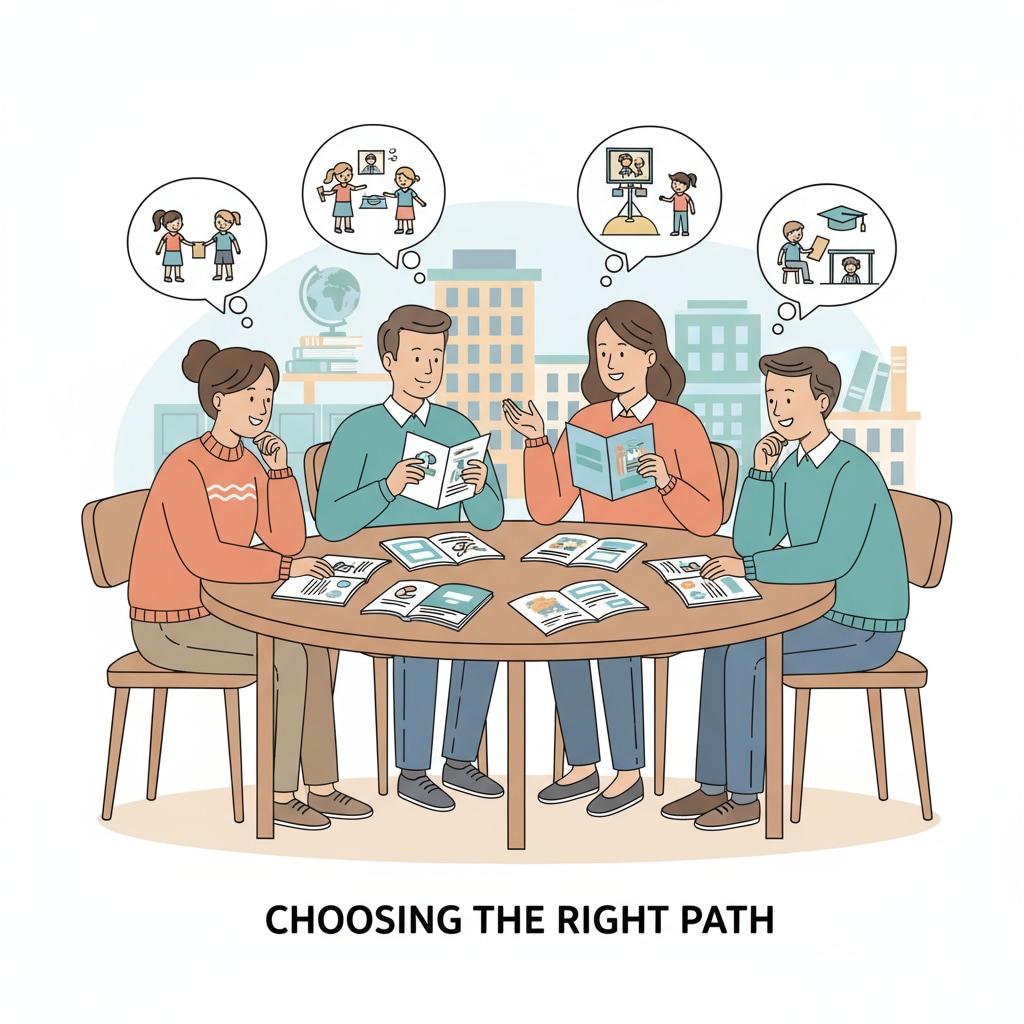The school choice system has long been at the center of political controversies in the field of education policy. This policy, which gives parents the power to choose the schools their children attend, has sparked intense debates about educational freedom and equity.

As an educational approach, school choice aims to provide families with more options beyond their zoned public schools, but it also brings a host of complex issues to the table.
The Concept of School Choice
School choice encompasses various models. One common form is charter schools, which are publicly funded but operate independently with more flexibility in curriculum and teaching methods. Another is voucher programs, where the government provides vouchers to parents, allowing them to use the funds to send their children to private schools. Magnet schools, too, are part of the school choice landscape. These schools focus on specific academic areas like science, technology, engineering, and mathematics (STEM) or the arts, attracting students with diverse interests. According to Wikipedia’s entry on School Choice, school choice initiatives aim to increase competition among schools, potentially leading to improved educational quality.

The Root Causes of Political Controversy
One of the main reasons for the political controversy surrounding school choice is the issue of equity. Critics argue that school choice programs may exacerbate educational inequalities. For example, voucher programs might allow wealthier families to send their children to expensive private schools, leaving less funding for public schools that serve disadvantaged students. Additionally, charter schools may cherry-pick students, admitting those with better academic records or more supportive family backgrounds, thus leaving behind students who need more educational support. As a result, opponents believe that school choice undermines the principle of providing equal educational opportunities for all. However, proponents of school choice counter that it offers parents more control over their children’s education, enabling them to find the best fit for their kids’ needs. Britannica’s coverage of Education Policy also touches on these opposing viewpoints.
Another factor contributing to the controversy is the role of funding. School choice programs often require a reallocation of educational funds. When funds are diverted to charter schools or used for vouchers, it can strain the budgets of traditional public schools. This financial shift has led to political battles between different interest groups, including teachers’ unions, school boards, and parents. Teachers’ unions, for instance, may oppose school choice initiatives as they worry about job security and the quality of education in non-traditional schools.
Readability guidance: The above content clearly presents the concept of school choice and the root causes of its political controversy. Short paragraphs and explanations help to convey the key points. Transition words like “however” and “additionally” are used to enhance the flow of the text.


